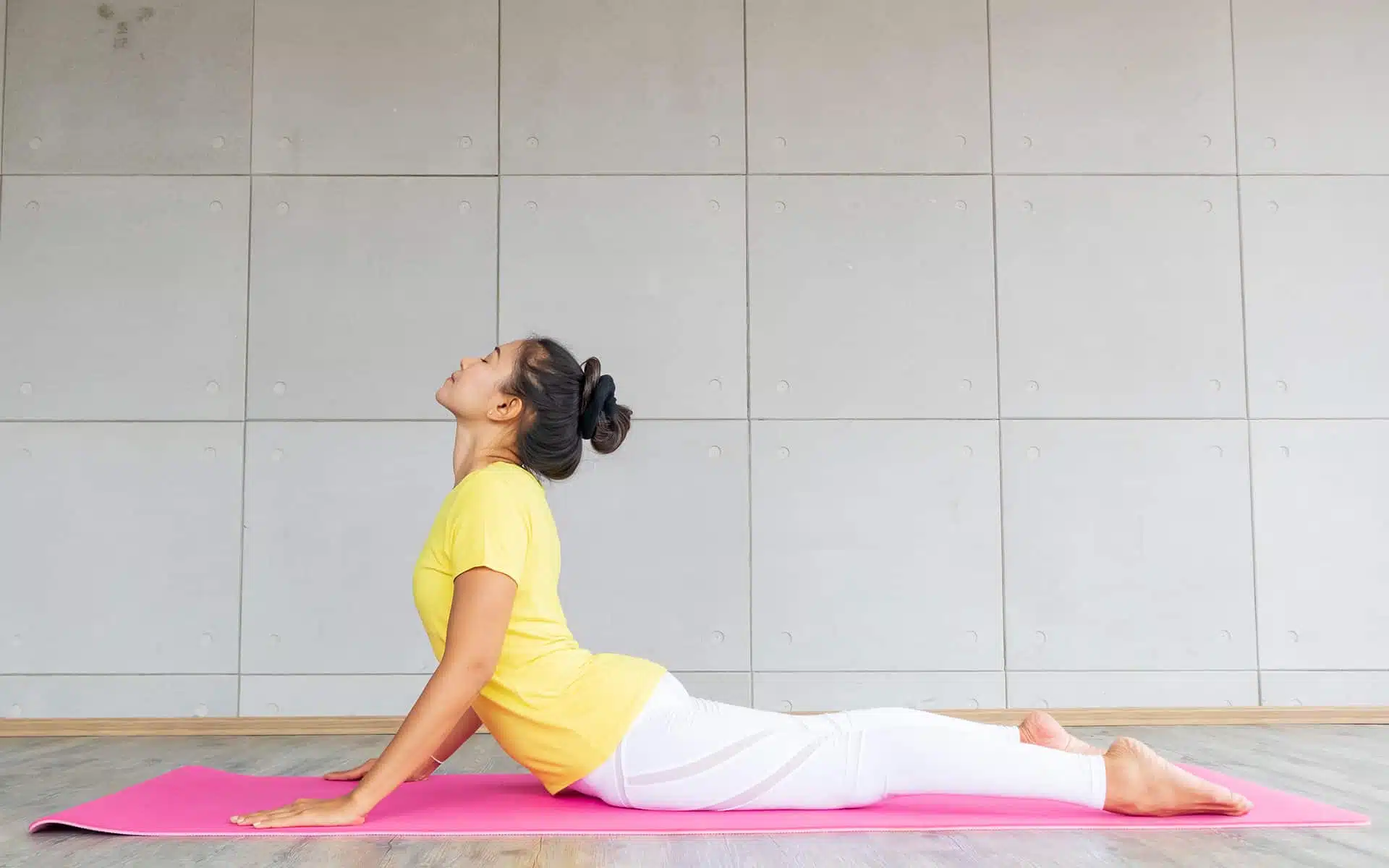We all know how vital exercise is for our physical health. Did you know that exercising can also keep your mind healthy?
Studies show that people who exercise frequently have better mental and emotional health, as well as lower rates of mental illnesses.
Exercise seems to lower the likelihood of developing mental illness. Exercise may also be beneficial in the treatment of certain mental conditions like anxiety and depression. Research suggests that physical activity may be as effective in treating mild-moderate depression as psychological treatments such as cognitive-behavioral therapy. You can also add exercise to your treatment options.
What makes exercise so good for our mental health?
People who exercise often do so because they feel good. Exercise can improve your mood, concentration, and alertness. Exercise can also help you have a positive outlook.
It is not easy to see the connection between exercise and mental well-being. For example, inactivity can both be a cause or a result of mental illness. There are many ways exercise can improve your mental health.
- Exercise can alter the levels of brain chemicals, including serotonin and stress hormones, as well as endorphins.
- Regular exercise can improve your sleep quality. Good sleep can help you manage your mood.
- Exercise can increase your self-esteem, control, and coping abilities. Regular exercise can make people feel happier.
- Exercise can help you to forget about negative thoughts and give you the opportunity to experience new things.
- If you exercise with other people, it is a great way to meet new people and socialize.
- Exercise can increase your energy levels.
- You can find relief in physical activity.
- Exercise can help reduce tension in the skeletal muscles, which makes you feel more relaxed.
People with mental illnesses can also benefit from the physical benefits of exercising. It can improve your overall health and cardiovascular health. This is crucial because people suffering from mental health problems are more likely to develop chronic conditions like heart disease or diabetes. arthritis and asthma.
Exercise for mental health
Regular exercise might not be a regular part of your daily routine. You may wonder how you can improve your mental health.
It doesn’t need to be difficult or take too much time. Research shows that moderate or low-intensity exercise can make a big difference to your mood and thinking patterns.
Australia’s guidelines for physical activity and sedentary recommend that adults be active on most days. They suggest that adults aim to get 2.5-5 hours of moderate activity per week. This could include brisk walking or swimming. They also recommend that you get 1.25-2.25 hours of vigorous activity each week, such as running, cycling fast, or participating in a team sport. You can also combine moderate and vigorous activities.
Any exercise is better than none. You can reap the benefits of a relaxing walk or yoga. Even light housework such as mopping, vacuuming, and sweeping can be a mild workout.
How to start exercising
If you haven’t exercised in a while it can seem daunting to get started. However, a plan can help make it easier and keep you on track.
If you do the following:
- Before you begin, consult your GP and a certified exercise physiologist. Also, continue to see them as you progress with your exercise program.
- Choose an activity that you enjoy, or enjoyed in the past. It should be suitable for your fitness level and ability.
- Start small and build your activity slowly. You should try to keep your activities varied so that you don’t become bored.
- Write your plan on your calendar or in your diary. Make sure it is part of your daily routine.
- Regularly review your exercise plan and change if necessary.
Get outside and exercise
For even greater benefits, try exercising outdoors.
Recent studies show that people feel more energetic, enthusiastic, happy, fulfilled, and satisfied when they walk outside. They also report feeling less tired, depressed, and tense. Exercise outside is also more popular than indoor exercise.
People who exercise outdoors do so more often and for longer periods of time than those who exercise indoors.
How to become more active every day
Include exercise in your daily routine. Instead of driving, walk or cycle instead. Take a tram, train, or bus one stop earlier to walk the remainder of the route. Spend some time walking your children to school. You can get active by cleaning out the windows, washing the car, or gardening around the house.

























